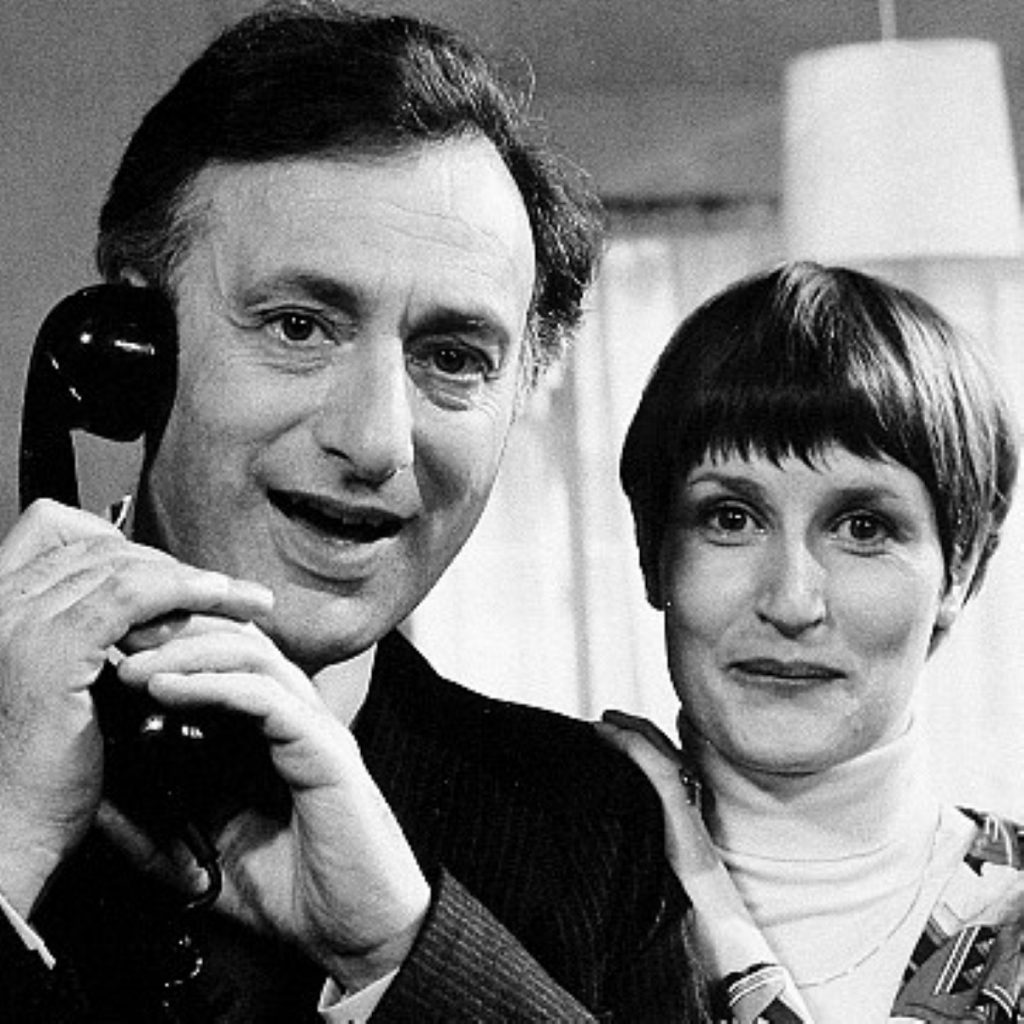No, Sir Humphrey: MPs start to question their language
By Ian Dunt
MPs heard evidence from linguistic specialists and journalists today, as they debated whether to stop talking in jargon.
The Public Administration Select Committee (PASC) decided to hold a public hearing on the subject, with members of the public being asked to send in examples of good and bad language.
Matthew Parris of the Times and the Spectator gave evidence, along with Simon Hoggart, parliamentary sketch writer for the Guardian.


They were joined by Professor David Crystal, noted academic expert on language and linguistics, and Marie Clair of the Plain English Campaign.
Anger over the language coming from government has grown in recent years, as ministerial statements became increasingly impenetrable to the public.
This was partly attributed to the prevalence of management speak among the political class, although crueller critics argue it helps politicians hide the true meaning of their words.
The evidence session considered the different varieties of official language, and what the language that government uses tells us about the way it sees and communicates with the wider world.
MPs on the committee looked at how well government bodies communicate with the public in day-to-day life, as well as how people within government communicate with each other.
Earlier this year, the Local Government Association (LGA) sent out a list of 200 words and phrases local councils should refrain from using.
“The public sector must not hide behind impenetrable jargon and phrases,” said councillor Margaret Eaton, chairman of the LGA.
“Why do we have to have ‘coterminous, stakeholder engagement’ when we could just ‘talk to people’ instead?”
The phrases included re-baselining, mainstreaming, holistic governance, contestability, predictors of beaconicity and synergies.











